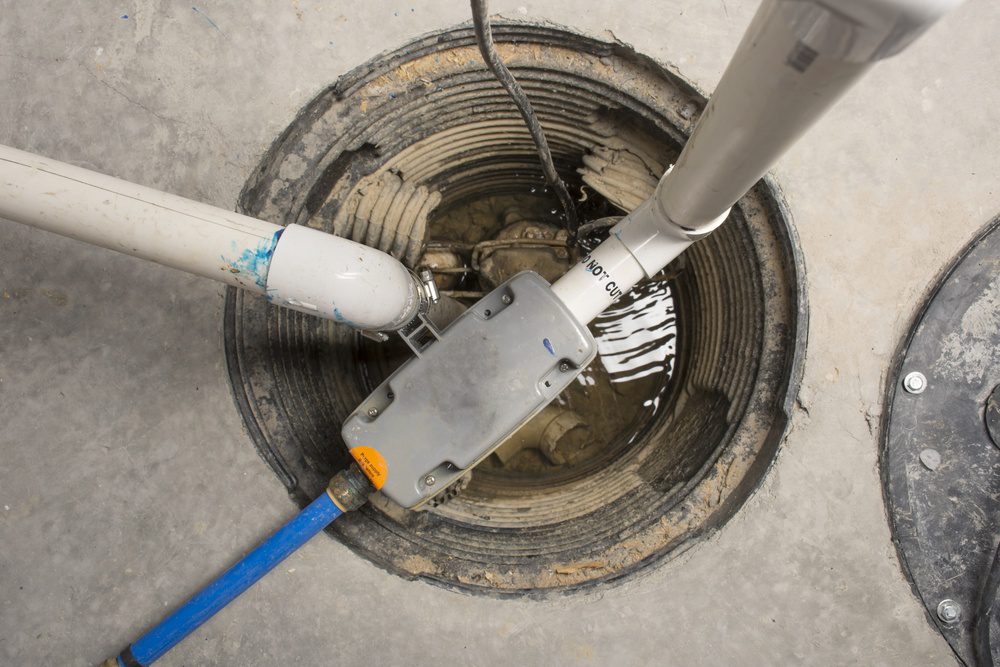Comprehending the Trick Parts of Effective Water Filtration Solutions

Relevance of Water Purification Equipment
Water filtration systems play an essential function in guaranteeing accessibility to tidy and risk-free alcohol consumption water by efficiently eliminating impurities and pollutants. These systems are important in attending to the expanding problems over water high quality and the potential wellness dangers connected with eating contaminated water. By utilizing numerous filtration systems such as reverse osmosis, triggered carbon, and UV sterilization, water purification systems can efficiently remove damaging substances like germs, viruses, heavy steels, and chemicals from the water system.
Additionally, water purification systems help to enhance the taste and smell of water by removing chlorine, sediments, and various other contaminants that can influence its high quality. Water Filtration Systems. This enhancement in water quality not just makes it extra palatable however also urges individuals to consume alcohol a sufficient amount of water daily, advertising far better hydration and overall health
Sorts Of Filtration Parts

Physical filters are designed to physically strain out impurities from the water. These filters can be constructed from products like ceramic, carbon, or also sand, and they work by capturing bits bigger than the filter's pores as water travels through.
Chemical filters make use of various chemical processes to eliminate contaminants from the water. Instances consist of triggered carbon filters, which adsorb pollutants, and turn around osmosis membrane layers, which utilize stress to separate pollutants from the water.
Biological filters utilize living microorganisms like bacteria or algae to break down raw material and pollutants in the water. These filters are commonly made use of in wastewater therapy plants or all-natural water filtration systems.
Comprehending the different sorts of filtration parts is vital for choosing one of the most appropriate water filtration system for details purification requirements.
Function of Debris Filters
Sediment filters play an important role in water filtration systems by efficiently capturing solid particles suspended in the water. These filters are typically the first line of protection in a filtering system, removing larger particles such as sand, silt, dust, and corrosion before the water moves through finer filtration phases. By capturing these sediments, the filters prevent them from getting to downstream elements, therefore extending the life-span and efficiency of the whole system.
The function of sediment filters is important in preserving water high quality and shielding sensitive tools from damage triggered by particles. Furthermore, by removing noticeable bits, debris filters improve the clarity and preference of the water. Consistently replacing or cleansing sediment filters is necessary to make sure ideal efficiency. Neglecting this upkeep can cause obstructing, decreased water flow, and compromised filtration efficiency. In general, debris filters are indispensable parts that add considerably to the index effectiveness of water filtering systems.
Role of Triggered Carbon Filters
Playing an important duty in water filtering systems, activated carbon filters contribute in getting rid of contaminations and impurities from the water system. These filters are developed to adsorb and catch a variety of contaminants, including chlorine, unpredictable organic substances (VOCs), chemicals, and herbicides. The turned on carbon product has a big surface location, permitting the effective capturing of pollutants through a process called adsorption. As water travels through the filter, the activated carbon brings in and holds onto the contaminations, ensuring that the water that appears on the various other side is cleaner and more secure for intake.
Triggered carbon filters are highly efficient at improving the taste and smell of water by minimizing chemicals that can influence its top quality. They are likewise with the ability of eliminating certain heavy metals like lead and mercury. Furthermore, these filters can aid prevent the buildup of bacteria and algae in water, more improving its overall quality. As a result of their adaptability and dependability, activated carbon filters are a key component in ensuring that water is purified to the highest standards before reaching customers.
Comprehending Reverse Osmosis Systems
Reverse osmosis systems are innovative water purification systems that use a sophisticated procedure to get rid of impurities and contaminations from drinking water. These systems function by using stress to the water, requiring it via a semi-permeable membrane. This membrane layer serves as an obstacle, permitting only distilled water particles to go through, while obstructing bigger molecules such as minerals, chemicals, and other contaminations. Because of this, the water that appears beyond is substantially cleaner and safer for intake.
One key benefit of reverse osmosis systems is their capability to get rid of a variety of pollutants, including hefty metals, dissolved bacteria, viruses, and solids. This makes them highly reliable in improving the general top quality and safety of alcohol consumption water. Furthermore, reverse osmosis systems are relatively low-maintenance and can be set up special info under the sink or in a central filtering system, supplying hassle-free accessibility to tidy water throughout the family. Generally, recognizing just how reverse osmosis systems function can assist individuals make notified choices concerning their water purification requirements.
Final Thought
In final thought, efficient water filtering systems are critical for guaranteeing risk-free and tidy drinking water. By recognizing the function and duty of each component, people can make site here enlightened decisions when picking a water filtering system.
Water purification systems play a crucial role in ensuring access to clean and secure alcohol consumption water by properly getting rid of impurities and pollutants. By making use of numerous filtering mechanisms such as reverse osmosis, triggered carbon, and UV sterilization, water purification systems can successfully eliminate dangerous substances like bacteria, viruses, heavy metals, and chemicals from the water supply.
Debris filters play an essential duty in water purification systems by successfully recording solid fragments suspended in the water (Well Pump Replacement).Playing a critical function in water filtering systems, activated carbon filters are important in removing contaminations and pollutants from the water supply.Reverse osmosis systems are advanced water purification systems that employ an innovative process to eliminate impurities and pollutants from drinking water
Comments on “Comprehensive Water Treatment Solutions: Safeguarding Your Family members's Wellness and Wellness”